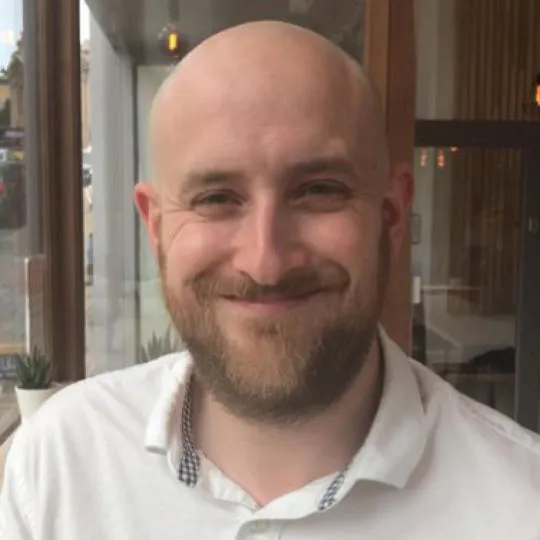28 September 2023
Young people's mental health appears to be worsening
Michael Sanders
New data sheds light on the extent of the problem

There has been a general understanding in recent years that young people’s mental health has been worsening. Whether your preferred explanation is to do with Brexit, the pernicious effects of mobile phones or a culture of obsessive student achievement is a matter for you – but what is undeniable is that things are worse than they were in the past. Suicides among young people, which have been in decline since the early 1990s, are rising once again.
Our research at the Policy Institute, King’s College London, published today, looks for the first time at the mental health of undergraduate students, using the Student Academic Experiences Survey, collected on behalf of AdvanceHE and the Higher Education Policy Institute. This data paints a particularly stark picture of this large group of young people, and, thanks to having years of data with large samples, allows us to look in more granular detail than is possible elsewhere.
What we find is deeply discouraging. The proportion of students reporting a mental health challenge has risen from 6% in 2017, to more than 16% in 2023 – nearly tripling in that time. We also see that this increase is not a mere Covid or cost of living effect – it is a trend that reaches farther back, although these major events very likely played a part. Most troubling, the largest single increase is in the last year, with the rate of students experiencing mental health difficulties rising by 32% over that time.
The student body is not a monolith, however, and although the struggle affects many students, it is particularly acute for some groups – often those who already experience disadvantage and discrimination.
We have previously highlighted that the wellbeing of LGBTQ+ students is worse than that of their cisgendered and straight peers. This follows too for their mental health. Trans students are almost three times as likely to experience a mental health challenge than those who are cisgendered, and non-binary students are twice as likely as those whose gender identity is female.
Bisexual students are most likely to experience mental health challenges, followed by lesbians, asexual and queer students. Each of these groups is roughly four times as likely to have a mental health difficulty than straight students, with gay men sitting between straight people and the rest of the LGBQA population.
Students from less affluent backgrounds are also more likely to suffer – state school students, and those from areas that typically send few students to university, have a higher incidence of mental health struggles than privately educated students, or those from high-participation areas. Similarly, those students dependent on a maintenance loan or paid work to fund their studies have significantly worse mental health than those who receive scholarships and those whose studies are funded by family.
All of this is tragic in and of itself, but it also has a more instrumental impact, with mental health difficulties being far and away the largest single reason that students consider dropping out of university (although the cost of living has become a key reason in the last year). These mental health difficulties therefore threaten students’ ability to complete their studies, and to extract the benefit from their university experience.
These figures are richer in terms of their granularity than others, but do not offer much in the way of surprises about the direction of travel. Universities have known about these trends, and now have the scale of the challenge they face described for them in detail. What is needed now by institutions and government is action, to arrest this problem before it becomes any worse.
Michael Sanders is Professor of Public Policy and Director of the Experimental Government Team in the Policy Institute, King’s College London. He is Academic Lead for the Centre for Transforming Access and Student Outcomes in Higher Education (TASO), and Chair of Trustees for the Nightline Association.

